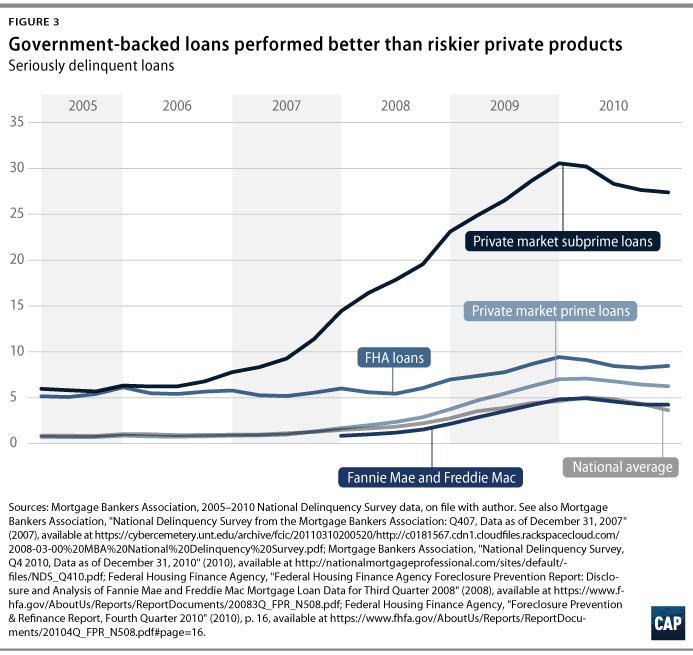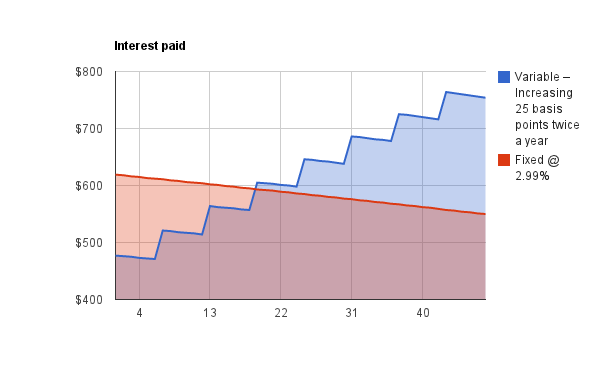The reverse home mortgage balance can be repaid at any time without penalty. You can choose to either pay back the loan voluntarily or defer interest till you later on offer your house. When the loan balance will be paid completely any staying equity will come from your heirs or estate. Yes. A foreclosure is a legal procedure where the owner of your reverse home mortgage obtains ownership of your home. Even if you have actually gotten a foreclosure notice, you might still have the ability to prevent foreclosure by pursuing one of the choices noted above. Your reverse home loan business (also referred to as your "servicer") will ask you to license on a yearly basis that you are residing in the property and keeping the property.
However, these expenditures are your duty so be sure you have actually set aside enough cash to spend for them and ensure to pay them on time. Not satisfying the conditions of your reverse mortgage may put your loan in default. This implies the home loan business can require the reverse home loan balance be paid completely and might foreclose and offer the home.
However, if you move or sell the property, the loan ends up being due and should be paid espn magazine cancellation subscription off. In addition, when the last surviving debtor passes away, the loan becomes due and payable. Yes. Your estate or designated beneficiaries might retain the residential or commercial property and please the reverse home loan financial obligation by paying the lesser of the mortgage balance or 95% of the then-current appraised worth of the house.

No debt is passed along to the estate or your successors. Yes, if you have actually supplied your servicer with a signed third-party authorization document licensing them to do so. No, reverse home loans do not permit co-borrowers to be included after origination. Your reverse mortgage servicer might have resources readily available to help you.
Your therapist will help you evaluate your monetary scenario and deal with your mortgage servicer. In addition, your therapist will be able to refer you to other resources that may assist you in balancing your spending plan and retaining your home. Ask your reverse home loan servicer to put you in touch with a HUD-approved counseling company if you have an interest in talking to a real estate therapist.
The Ultimate Guide To How Many Home Mortgages In The Us
Department of Real Estate and Urban Development (HUD) Workplace of the Inspector General Hotline 800-347-3735 or email: [email secured] Federal Housing Financing Agency Office of the Inspector General Hotline 800-793-7724 or on the Internet at: www.fhfaoig.gov/ReportFraud Even if you remain in default, choices might still be offered. As an initial step, call your reverse home mortgage servicer (the business servicing your reverse home mortgage) and explain your circumstance.
You can likewise contact a HUD-approved therapy firm to find out more about your situation and choices to assist you prevent foreclosure. Ask your reverse home loan servicer to put you in touch with a HUD-approved therapy firm if you're interested in consulting with a real estate therapist. It still might not be far too late.

If you can't settle the reverse home mortgage balance, you may be qualified for a Brief Sale or Deed-in-Lieu of Foreclosure (how do reverse mortgages work?).
A reverse home loan is a home loan, typically secured by a home, that enables the customer to access the unencumbered value of the property. The loans are generally promoted to older house owners and normally do not require regular monthly mortgage payments. Customers are still responsible for real estate tax and property owner's insurance coverage.
Due to the fact that there are no required mortgage payments on a reverse home mortgage, the interest is contributed to the loan balance monthly. The rising loan balance can ultimately grow to go beyond the worth of the house, particularly in times of declining home worths or if the customer continues to live in the house for several years.
Why Do Banks Sell Mortgages To Other Banks for Beginners
In the United States, the FHA-insured HECM (house equity conversion mortgage) aka reverse home mortgage, is a non-recourse loan. In easy terms, the debtors are not responsible to repay any loan balance that goes beyond the net-sales earnings of their home. For instance, if the last customer left the house and the loan balance on their FHA-insured reverse home loan was $125,000, and the home cost $100,000, neither the debtor nor their heirs would be responsible for the $25,000 on the reverse home loan that exceeded the value of their house.
A reverse home loan can not go upside down. The cost of the FHA home mortgage insurance is a one-time fee of 2% of the evaluated worth of the home, and after that an annual charge of 0.5% of the impressive loan balance. Particular guidelines for reverse home loan deals vary depending on the laws of the jurisdiction.
Some economic experts argue that reverse home loans might benefit the senior by smoothing out their earnings and usage patterns gradually. Nevertheless, regulative authorities, such as the Consumer Financial Security Bureau, argue that reverse home mortgages are "intricate products and hard for customers to understand", especially in light of "deceptive advertising", low-grade therapy, and "threat of scams and other frauds".
In Canada, the debtor must look for independent legal recommendations before being approved for a reverse home loan. In 2014, Learn more a "fairly high number" of the U.S. reverse home mortgage customers about 12% defaulted on "their real estate tax or homeowners insurance". In the United States, reverse home mortgage borrowers can deal with foreclosure if they do not keep their homes or maintain to date on house owner's insurance coverage and home taxes.
Under the Accountable Loaning Laws the National Consumer Credit Protection Act was changed in 2012 to include a high level of guideline for reverse home mortgage. Reverse home loans are also controlled by the Australian Securities and Investments Commission (ASIC) needing high compliance and disclosure from loan providers and consultants to all customers.
How Do Mortgages Work In The Us for Dummies
Anyone who wants to participate in credit activities (consisting of lending institutions, lessors and brokers) must be accredited with ASIC or be a representative of someone who is certified (that is, they must either have their own licence or come under the umbrella of another licensee as an authorised http://knoxxbns970.tearosediner.net/h1-style-clear-both-id-content-section-0-how-who-does-usaa-sell-their-mortgages-to-can-save-you-time-stress-and-money-h1 credit representative or worker) (ASIC) Eligibility requirements differ by loan provider.
Reverse mortgages in Australia can be as high as 50% of the property's worth. The exact quantity of cash available (loan size) is figured out by numerous elements: the customer's age, with a higher quantity offered at a greater age present rates of interest the property's area program minimum and optimum; for instance, the loan may be constrained to a minimum of $10,000 and a maximum of in between $250,000 and $1,000,000 depending on the lender.
These expenses are often rolled into the loan itself and for that reason compound with the principal. Normal costs for the reverse mortgage include: an application cost (facility cost) = between $0 and $950 stamp responsibility, home loan registration costs, and other federal government charges = differ with location The rate of interest on the reverse home mortgage differs.